The Belgian surrealist René Magritte (1898-1967) is known for his startling paintings that often double as philosophical riddles. One of his most stark and provocative works, The Treachery of Images (1929) is an exploration of meaning and language, juxtaposing an image of a pipe above the sentence ‘Ceci n’est pas une pipe.’ – French for ‘This is not a pipe.’ A reflection on the fraught nature of words, this video essay explores The Treachery of Images in the context of the work of the influential Swiss linguist Ferdinand de Saussure (1857-1913), who argued that the relationship between an object and its name is arbitrary.

videoPhilosophy of mind
‘Am I not at least something?’ A surreal dive into Descartes’s Meditations
3 minutes
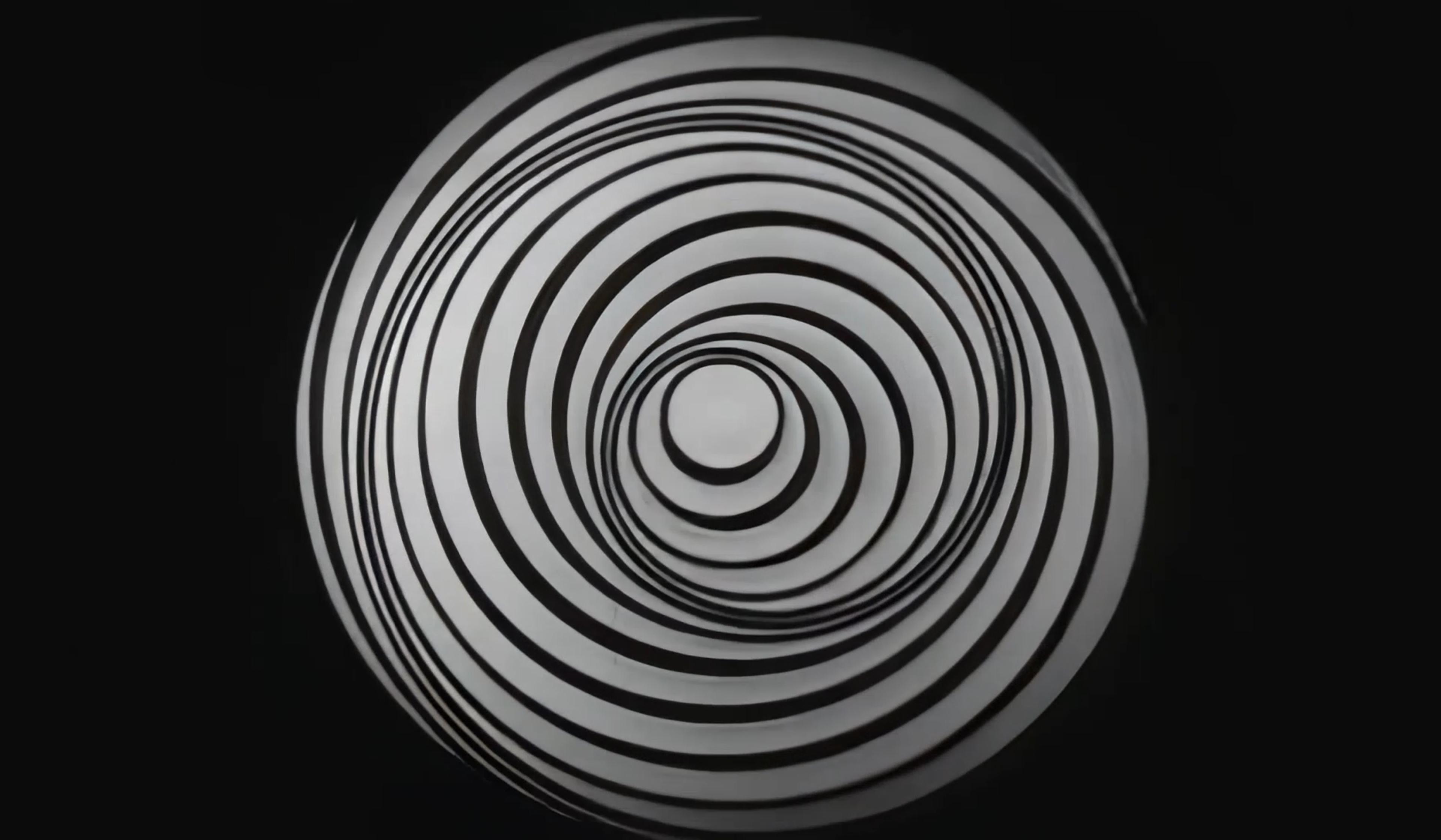
videoArt
Dizzying discs and obscene wordplay – revisiting Marcel Duchamp’s 1926 film debut
7 minutes
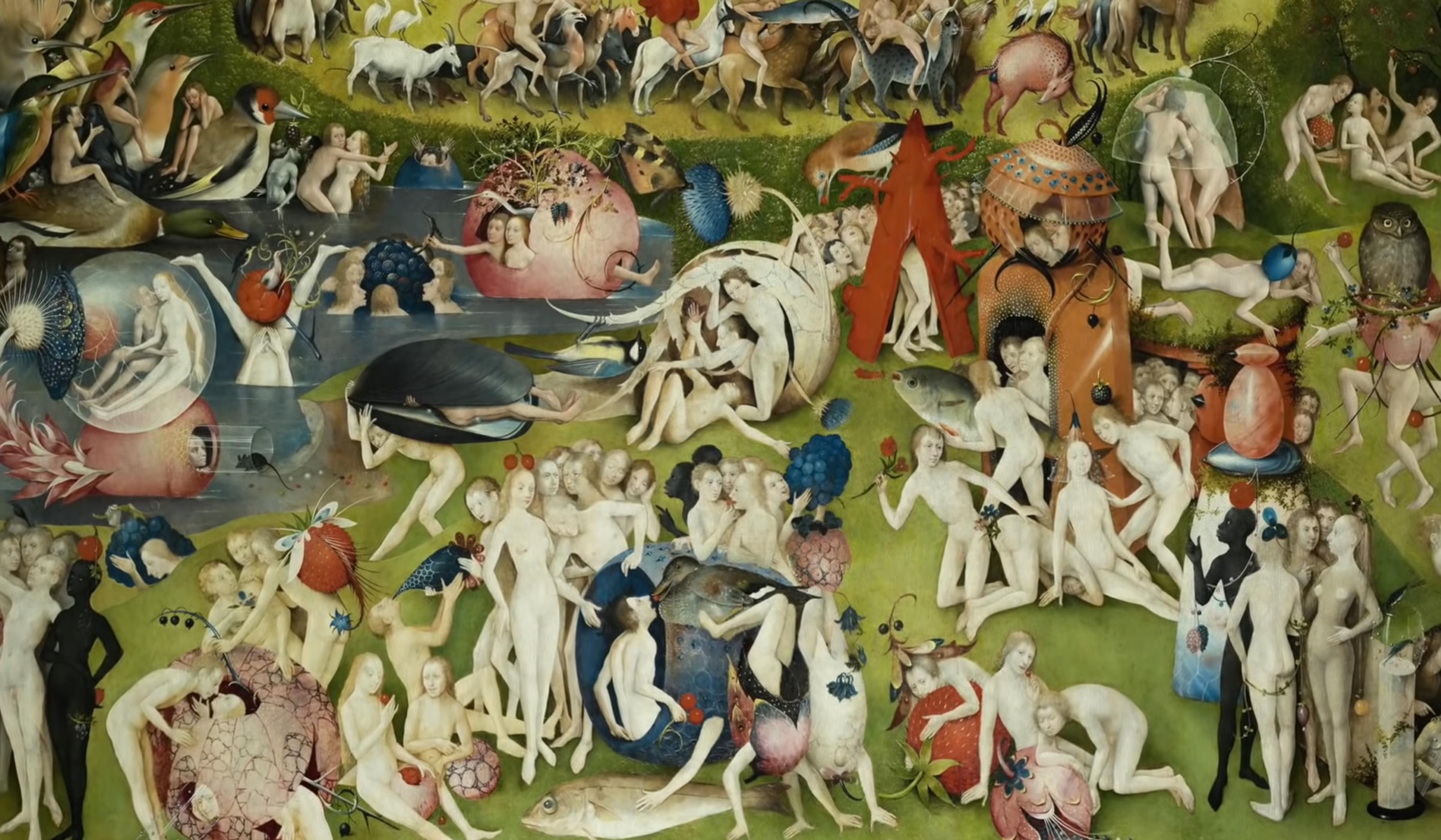
videoArt
Grotesque imagery meets religious conservatism in Hieronymus Bosch’s art
51 minutes
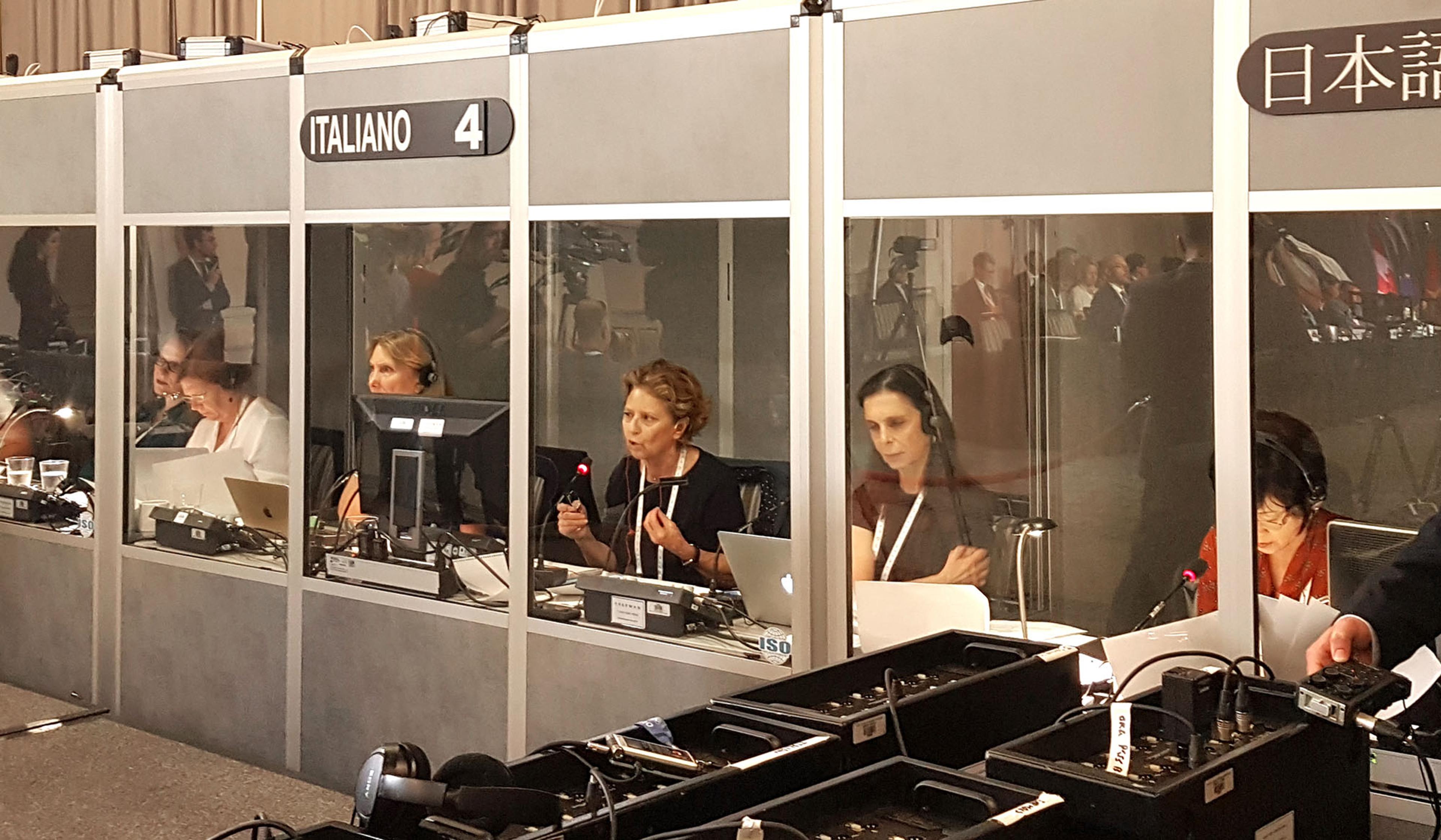
videoPhilosophy of language
For Ludwig Wittgenstein, language is a game, but not a frivolous one
43 minutes
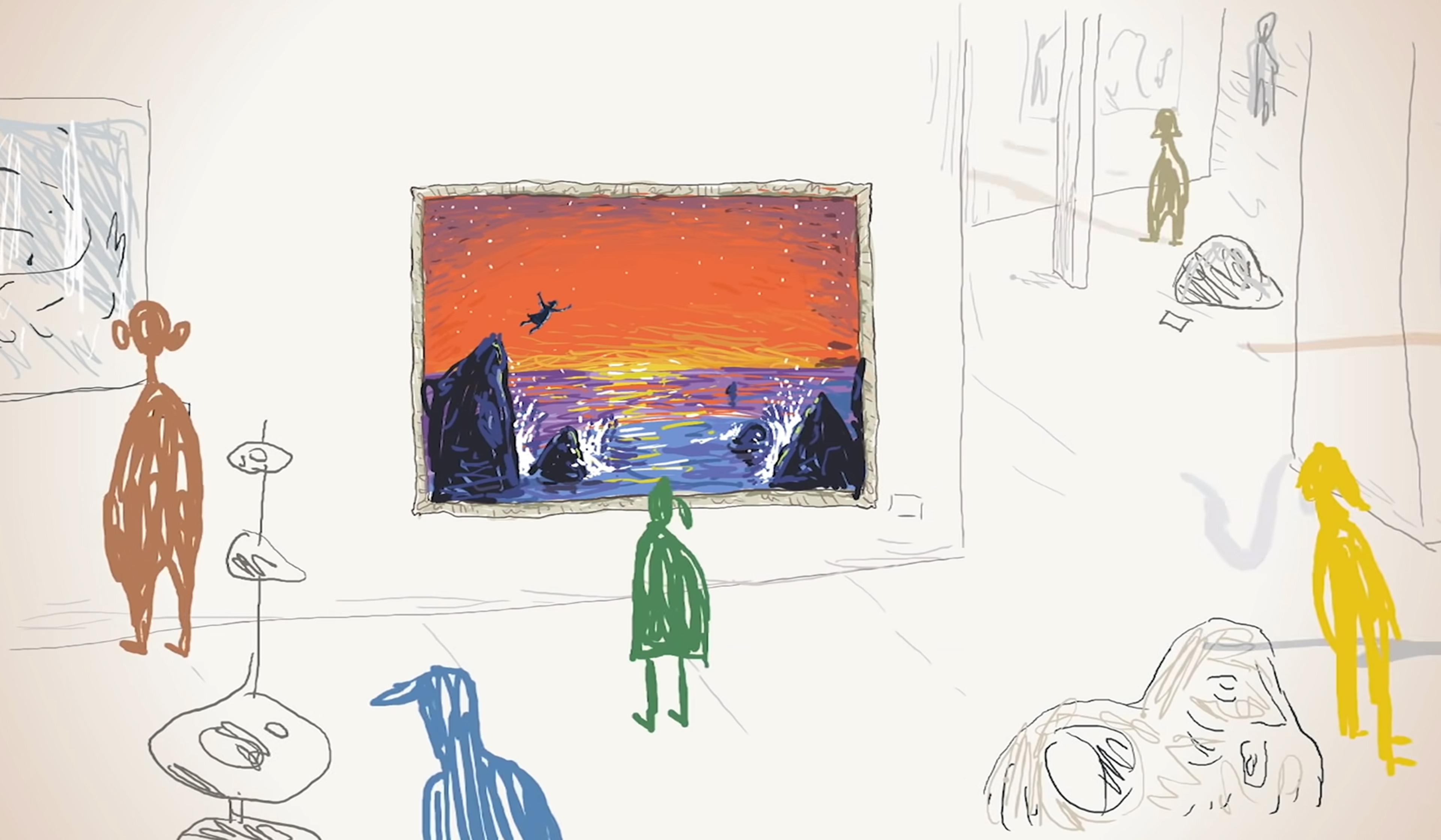
videoBeauty and aesthetics
Does the artist’s intention matter, or is it indeed all in the eye of the beholder?
4 minutes

videoArt
‘Long Live Degenerate Art’ – how a Surrealist group in Cairo defied repression in 1938
4 minutes

videoFilm and visual culture
A lush animated opus evokes the frenzied pace of modern life
4 minutes

videoMathematics
After centuries of trying, we’ve yet to arrive at a perfect way to map colour
20 minutes
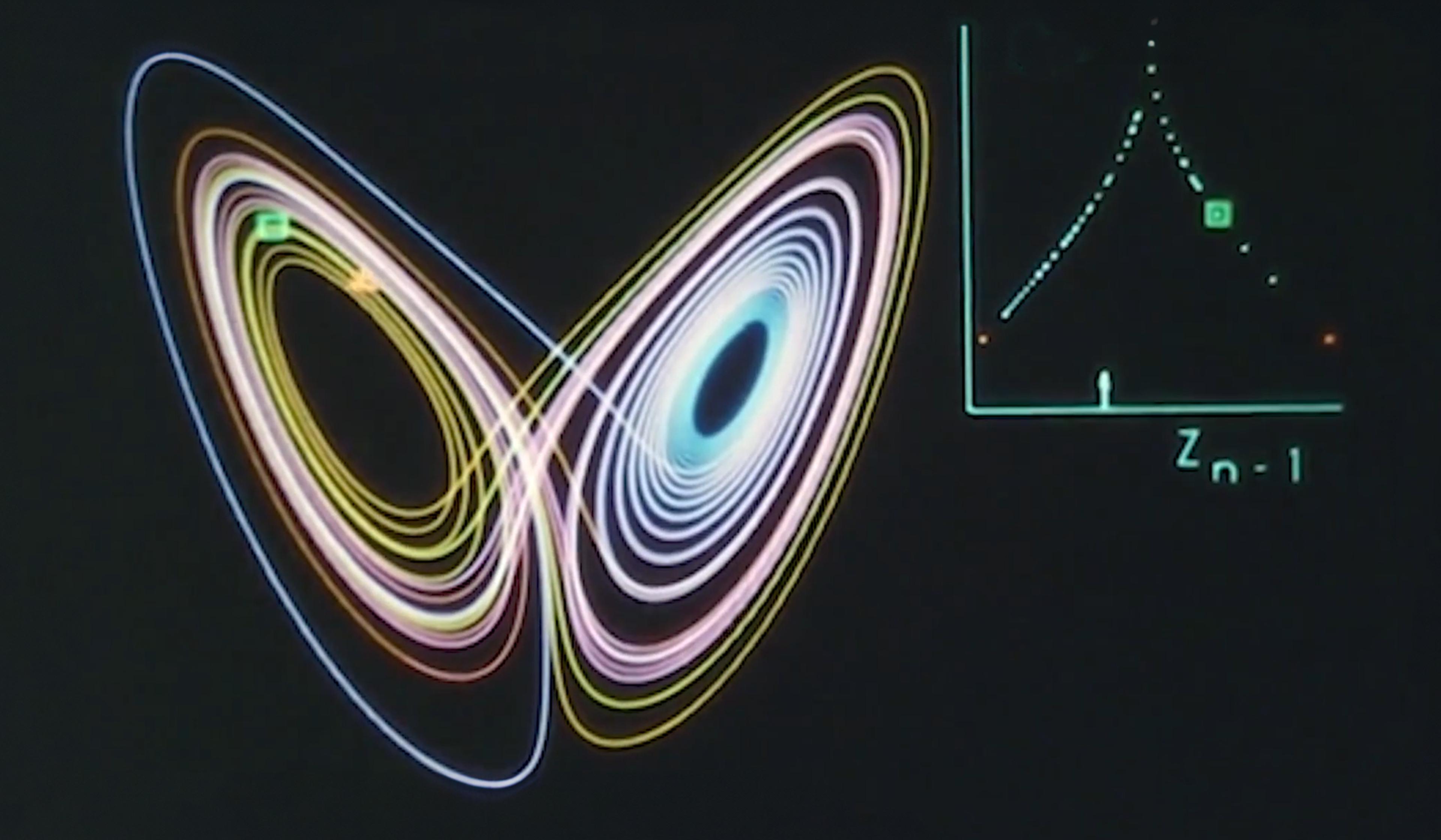
videoThinkers and theories
Henri Bergson on why the existence of things precedes their possibility
3 minutes